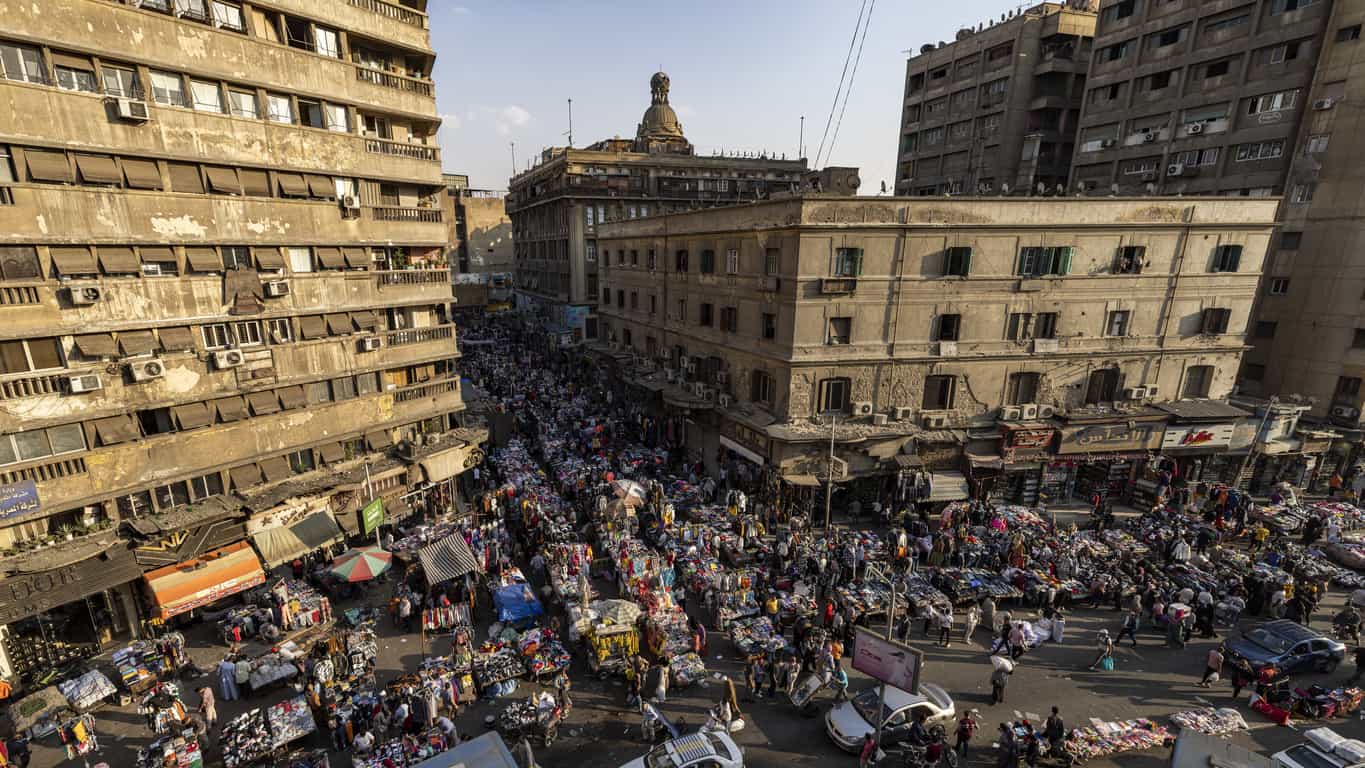Beirut, Lebanon–Two leading Egyptian businessmen have been released after some two years in pretrial detention on terrorism-related charges, their family said Saturday.
“My father Safwan Thabet and my brother Seif al-Din Thabet are with us,” Safwan’s daughter Mariam wrote on social media, without specifying when the pair were released.
Safwan Thabet, in his late 70s, is the founder and former CEO of household dairy brand Juhayna.
He was arrested in December 2020 and charged with joining and financing the banned Muslim Brotherhood, branded a terror group in 2013.
His son Seif, in his early 40s, was arrested in February the following year.
Philip Luther from rights group Amnesty International had said the pair were “being punished simply for daring to defy demands by Egyptian security officials to hand over their family’s assets in the company Juhayna”.
Also read: Egypt’s economy capable of facing challenges: Sisi
“They have shown rare courage in resisting the officials’ attempt to blackmail them,” Luther had said in a September 2021 statement.
The Thabets’ prolonged pretrial detention including in solitary confinement — which Amnesty had said amounted to “torture” — drew international calls for their release.
In October last year, as Egypt clinched a $3 billion loan from the International Monetary Fund, Washington-based human rights group the Freedom Initiative drew attention to their plight.
“Egypt’s political economy is still very much controlled to the benefit of a few state actors who are willing to detain, intimidate, and harass even the most beloved business icons,” the Freedom Initiative’s Allison McManus had said in a statement, referring to the Thabets.
In fulfillment of its loan obligations, Cairo has pledged to privatize key state assets and increase transparency on state business dealings.
Authorities released hundreds of political prisoners last year, though rights groups estimate some 60,000 remain in detention, many facing brutal conditions and overcrowded cells.








